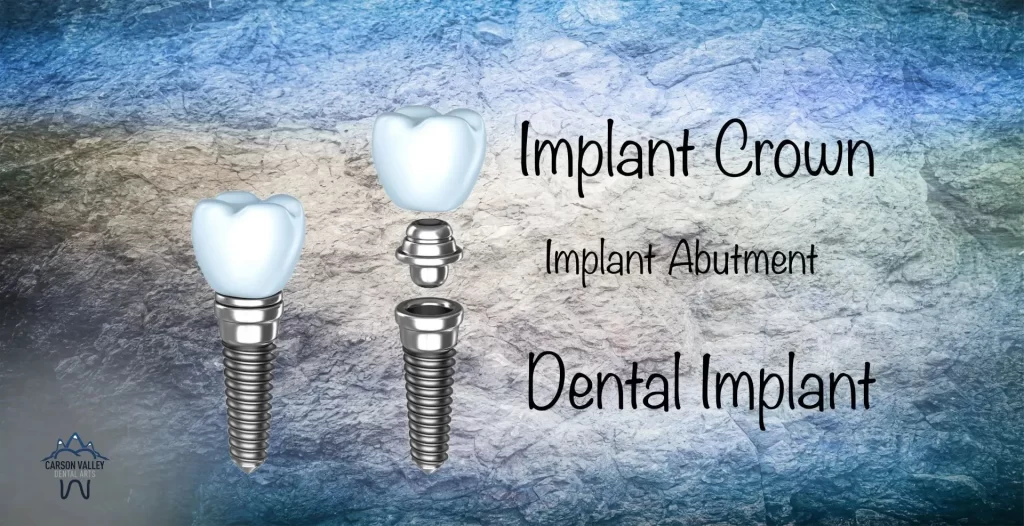Missing a tooth? We can help!

What are the connections between tooth loss and systemic disease?
As a dentist, I often have people come into my office with a story that goes something like this: “I haven’t taken very good care of my teeth,” “I’ve never had the time or the money to come to the dentist,” or “I had a bad experience when I was young. Now my teeth are falling apart.” Several others come to me in pain and will say, “My teeth hurt! I’m embarrassed with how I look and I can’t eat what I want.” Many of these patients have lost one or multiple teeth over the course of their lifetime.
What many people don’t know is that when we lose teeth we are at a higher risk for other, even more significant, health-related problems.
According to the Journal of Prosthodontics in 2016:
- For every 5 teeth that are lost, these patients are 1.42 times more likely to demonstrate a decrease in vital nutrients
- If patients had fewer than 8 natural teeth, they would be 3.28 times more likely to be obese
- Patients without any teeth are 13 times more likely to have angina pectoris (chest pain)
- Patients with diabetes are 2.25 times more likely to lose all of their teeth than a non-diabetic person
These statistics help put into perspective that losing a tooth can be a larger problem than just “losing a tooth.”
I’ve lost a tooth. Why should I care?
Perhaps the most common complaint among patients is how they look or their inability to eat and enjoy food after losing multiple teeth. In some cases, a person can lack the proper nutrients in their diet due to the loss of their teeth. There are many options to replace missing teeth; a traditional option is a denture or partial denture. However, as we have come to better understand, oftentimes patients report a change in the taste and texture of their food with a denture. In some cases, patients report pain when they eat with these options. There are better ways to help you enjoy the food you want as well as helping you maintain proper nutrition.
How can your dentist help?
Here is a three-step guide to help you maintain the teeth that you have:
Prevention is key. A normal dental patient is seen twice a year for cleanings, exams, and X-rays. However, if the patient is at a higher risk of obtaining cavities or gum disease (which can lead to tooth loss), the patient should be seen 3 or 4 times a year. A competent dental team will help you treat problems before things get out of control.
- Treat Problems early. If you are following through with your regular dental visits, detection of problems can be found early in the process before significant destruction has happened. Correcting a small cavity will give the tooth a greater lifespan than putting off the treatment. If you choose to delay, it will cause more health problems and will require more sophisticated dental work. Bottom line: treat dental disease early and frequently.
- Replace the teeth that are missing. When a tooth needs to be removed, and replacement of that tooth is necessary to maintain optimal health, a dental implant is the best solution. There is a certain window of time that is critical for a successful dental implant. If not replaced within that time, the bone needed for an implant can disappear and result in additional surgery. With the right timing, the placement of a dental implant will have a high success rate. This will be a long-term investment in your health, your smile, and your happiness.
If you are concerned about missing teeth due to disease, illness, or lack of proper dental care, there are options for you. Your dental team can help you find the smile you have always wanted and will allow you to enjoy a wide range of foods once again. A dental implant can take a few months from start to finish; however, research has shown that a dental implant is the best and most effective way to replace missing teeth.
When we hear patients tell us that “I haven’t taken very good care of my teeth,” we ensure them that we have helped hundreds of patients find the smile they’ve always wanted. In the end, the results help them enjoy the food and smile they want, as well as enjoy a healthier and longer life.
